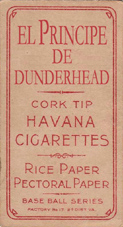How to detect recolored cards by Kevin Saucier
Page 1 of 1
 How to detect recolored cards by Kevin Saucier
How to detect recolored cards by Kevin Saucier
All of these posts about detecting alterations are reposted with permission from Kevin Saucier.
This may be a review for some but may also be helpful to others.
Below are examples of recolored cards done in a variety of ways. Some
are easy to spot, while most you will need a halogen and/or black
light. These should all be caught by almost any grader:
This Goudey has obvious had green color added to the background. It
does show up much better on a scan than in person. That is because a
scanner can, at times, act like a halogen light and reveal hidden
alterations.

This 1962 Topps card has a recolored corner tip. Highly magnified
is plain to see but to the naked eye it is next to impossible and looks
very normal. Corners are probably the most frequent place recoloring is
done. On either very dark (usually black) or white borders. Markers,
colored pencils and paint are often used and are best identified with a
loupe and a halogen light for the dark colors and a black light for
white touched up areas.

This card has had the neckline recolored with a thin black marker.
Again, difficult to see without a loupe and halogen light. Ink marks
will show as either dull of reflective, depending on the ink used.
Side note: This card has also had a small pin hole filled. Can you
see where? If not, don't feel bad the grader didn't see it either. It's
not slabbed.

The most difficult of all is a recolored smear. This is done to
hide areas that have very small scratches or light scuffs. Water
soluble ink is used and literally smeared across with the finger while
wet to blend a large area. The dark brown under this hat has been
smeared and even magnified it is hard to notice. To identify this
alteration the halogen light will usually show a very dull large spot.
Examine the dots and individual pixels, they will not be very distinct
or clear but will look joined and...well...smeared.

Kevin Saucier
This may be a review for some but may also be helpful to others.
Below are examples of recolored cards done in a variety of ways. Some
are easy to spot, while most you will need a halogen and/or black
light. These should all be caught by almost any grader:
This Goudey has obvious had green color added to the background. It
does show up much better on a scan than in person. That is because a
scanner can, at times, act like a halogen light and reveal hidden
alterations.

This 1962 Topps card has a recolored corner tip. Highly magnified
is plain to see but to the naked eye it is next to impossible and looks
very normal. Corners are probably the most frequent place recoloring is
done. On either very dark (usually black) or white borders. Markers,
colored pencils and paint are often used and are best identified with a
loupe and a halogen light for the dark colors and a black light for
white touched up areas.

This card has had the neckline recolored with a thin black marker.
Again, difficult to see without a loupe and halogen light. Ink marks
will show as either dull of reflective, depending on the ink used.
Side note: This card has also had a small pin hole filled. Can you
see where? If not, don't feel bad the grader didn't see it either. It's
not slabbed.

The most difficult of all is a recolored smear. This is done to
hide areas that have very small scratches or light scuffs. Water
soluble ink is used and literally smeared across with the finger while
wet to blend a large area. The dark brown under this hat has been
smeared and even magnified it is hard to notice. To identify this
alteration the halogen light will usually show a very dull large spot.
Examine the dots and individual pixels, they will not be very distinct
or clear but will look joined and...well...smeared.

Kevin Saucier
Page 1 of 1
Permissions in this forum:
You cannot reply to topics in this forum





